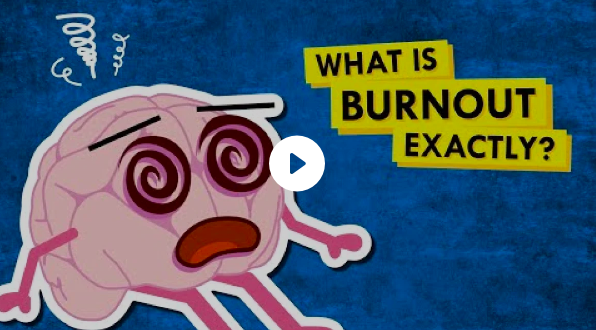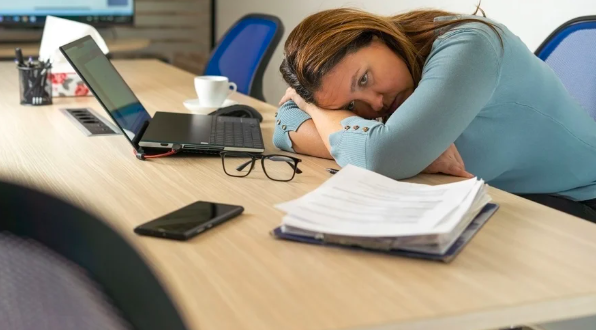Vacations are often seen as the ultimate cure for work stress. A few days away from the office, with sandy beaches or mountain trails replacing conference calls and emails, should in theory rejuvenate and recharge. However, many find that they return to work still feeling exhausted, sometimes even more acutely aware of their stress. This post-holiday burnout can be puzzling and frustrating, but understanding why it happens and how to deal with it can make a big difference
Why you may still feel exhausted after a vacation
Often, we put enormous pressure on our vacations to solve our stress problems. The idea that a vacation will magically make all work-related fatigue disappear is unrealistic. When reality falls short of these expectations, returning to the daily routine can feel even more exhausting. Additionally, returning to a mountain of emails and tasks can cancel out your leave benefits. The overwhelming backlog of tasks can make your time away seem pointless and increase your stress levels.

What Does It Mean to Have “Burnout”?
It is important to understand that true relaxation requires a complete mental break from work. If you spent your vacation checking emails or worrying about what lies ahead, you haven’t given your brain the rest it needs. This partial release can leave you just as exhausted as before. Also, sometimes burnout isn’t just due to overwork, but deeper issues like lack of job satisfaction, poor work-life balance, or toxic workplace culture. Vacations, wonderful as they are, cannot fix these underlying problems.

Solutions to combat post-holiday burnout
Adjust your expectations: Recognize that a vacation is a temporary respite, not a panacea. It can help reduce stress, but it’s unlikely to eliminate all burnout symptoms. Adjust your expectations and treat vacations as one of many stress management tools.
Plan a smooth return: Before you leave, set up an autoresponder email and delegate tasks where possible. Try to give yourself a day off on your return to sort through emails and get back into the flow of work gradually.
Set boundaries: A real break from work during your vacation is crucial. Set clear boundaries by turning off work notifications, setting an out-of-office response, and communicating with your team about your availability.

Burnout: Symptoms & Strategies
Prioritize self-care after vacation: Continue to prioritize your well-being after you return. This can include regular exercise, a healthy diet, adequate sleep, and mindfulness practices. Incorporating these habits into your daily routine can help manage stress in the long run.
work-vacation-balance.

Assess your job satisfaction: If you find that vacations are not significantly improving your burnout, it may be time to assess your job satisfaction. Consider talking to a career counselor or therapist to explore these feelings and possible solutions.
Seek support: Burnout can be a serious issue. Don’t hesitate to seek support from a mental health professional. Sometimes talking to someone who can offer you strategies and ideas is the best step you can take.
How to manage burnout
Returning from vacation and continuing to feel burned out is a clear signal that deeper issues need to be addressed. By understanding the causes and taking preventative measures, you can better manage your stress and prevent burnout in the long run. Remember, it’s not just about getting away from work for a while – it’s about creating a sustainable, balanced lifestyle.

Instead of waiting for extended vacations, integrate regular short breaks into your daily routine. These brief respites throughout the workday, along with occasional long weekends, can help maintain your energy levels. Additionally, activities like meditation, yoga, and deep breathing exercises are effective in stress management and burnout prevention. Strive for a better work-life balance by dedicating time to hobbies, socializing, and relaxation outside of work.
Equally significant, albeit challenging, is recognizing that burnout can stem from career stagnation. Pursuing new skills or opportunities for professional growth can reignite your enthusiasm and motivation, fostering a renewed sense of purpose in your work.
Ask me anything
Explore related questions





